The Taliban tried to kill him, so did the sea. Now we retell the story of refugee Hanif Rahimi's escape from Afghanistan to SA - and his deep sorrow the "terrorists are once again killing my people".
The most recent influx of Afghan refugees arrived in Australia by boat in the early 2000s fleeing the Taliban and war in Afghanistan. From 1996 to 2001, the Taliban held power over roughly three quarters of Afghanistan, and enforced a strict interpretation of Sharia, or Islamic law. Today, August 2021, the Taliban has again seized power. Local Adelaide Afghan community leader, businessman and refugee Hanif Rahimi is "in shock" at the news.
"This is devastating for my homeland, for the people," he said.
"We know what these terrorists will do - people will die, day by day, moment by moment.
"My people, the hazara people are in great danger. This is a horror."
Mr Rahimi praised the work of US and Australian troops to protect Afghanistan's people for the past 20 years but criticised the former western-backed leaders who have "done a deal with the Taliban terrorists and abandoned the people of Afghanistan".
"I hope Australia and the international community comes to the aid of the people, does something to save the hazara people who will suffer and die under the Taliban."
The Taliban emerged in 1994 as one of the prominent factions in the Afghan Civil War (1992-96) and largely consisted of students (talib) from the Pashtun areas of eastern and southern Afghanistan who had been educated in traditional Islamic schools.
They committed massacres against Afghan civilians, denied UN food supplies to 160,000 starving civilians, destroyed numerous monuments and conducted a policy of scorched earth, burning vast areas of fertile land and destroying tens of thousands of homes. Many Afghan refugees settled in Adelaide’s inner-north around Blair Athol, Kilburn and Prospect, including Mr Rahimi, his wife Kamelah and their children in 2001. They told their story to reporter KARA JUNG:
NOTE: Hanif Rahimi first told his story to reporter Kara Jung in 2019 and spoke to her again on August 17, 2021, as the Taliban seized back control of Afghanistan. Below, we have republished his and his wife Kamelah's story as first told in 2019, in their own words.
AFGHANISTAN - LATE '90s
Hanif: They thought I was dead. It is the only reason I am alive.
We lived in a small village, Chilbaghto. Just next to us there was fighting and war. It was the frontline. When the Taliban occupied the area they came to every village.
They announced their government. When they occupied an area they would go to the mosques to talk to the people. On the loud speaker outside they announce – this is a common slogan for them – they say:
‘Afghanistan is an Islamic country for Afghanis.
If you are Pashtun you are home.
If you are Tajik, you go to Tajikistan.
If you are Uzbek, you go to Uzbekistan.
If you are Hazara, you go to goristan.’
Goristan means the graveyard, you go to your grave.
We are Hazara people.
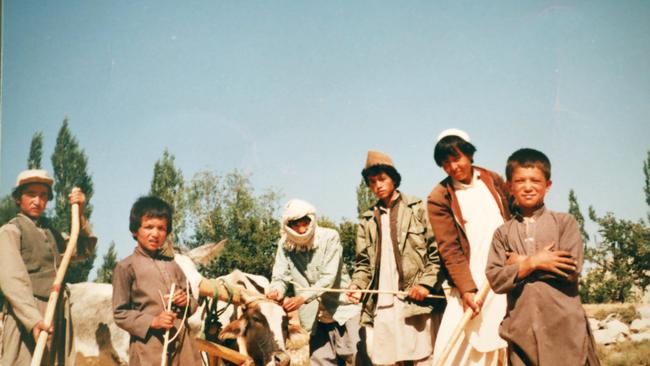
They looked for young men and anyone who they saw as a threat to them, who could be against them. Firstly, people that worked for the government. Secondly, people who worked in education or were educated. Then they looked for Hazara.
They came to my home. In front of my family, my children.
They caught me and took us to the district centre.
It was on the mountain. There was about 15 of us. Everybody was thinking this is the end of our lives. We will die soon. And yes, they killed many of us.
They beat me. They tortured me. They hit me with the gun’s butt. There’s still a hole right here (tapping his head). I fell into a coma, unconscious.
They thought they had killed me, that I was dead.
They left our bodies.
But I woke up.
I woke up. I realised I was alive.
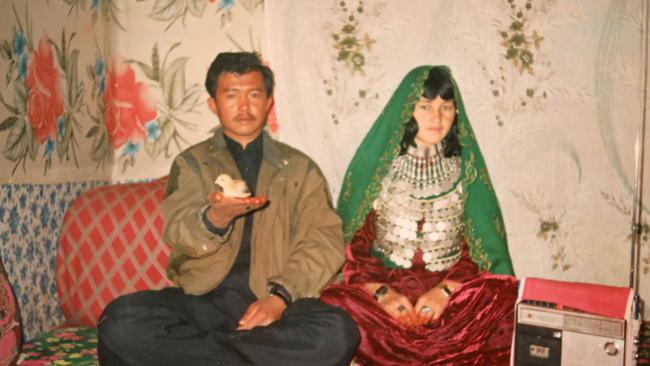
There was a dirt floor. There was blood all around me. There was dried blood because it had been a few days. I felt like I had woken from a deep sleep. There was pain, I couldn’t remember what had happened. But slowly, slowly I remembered. I was lucky my legs and back were OK and I could walk. I had a lot of pain in my head – I couldn’t see properly.
I saw two of everything, two people, two trees, too many bodies, two everything.
There were bodies all around me. I didn’t count; I didn’t want to count. I just needed to escape, to get away. From there to my home is two hour's walking, maybe three if you go slow. I walked home. When I see my family, my wife, my children … we were happy, and sad too. It is very hard to tell you. We were afraid. We needed to leave.

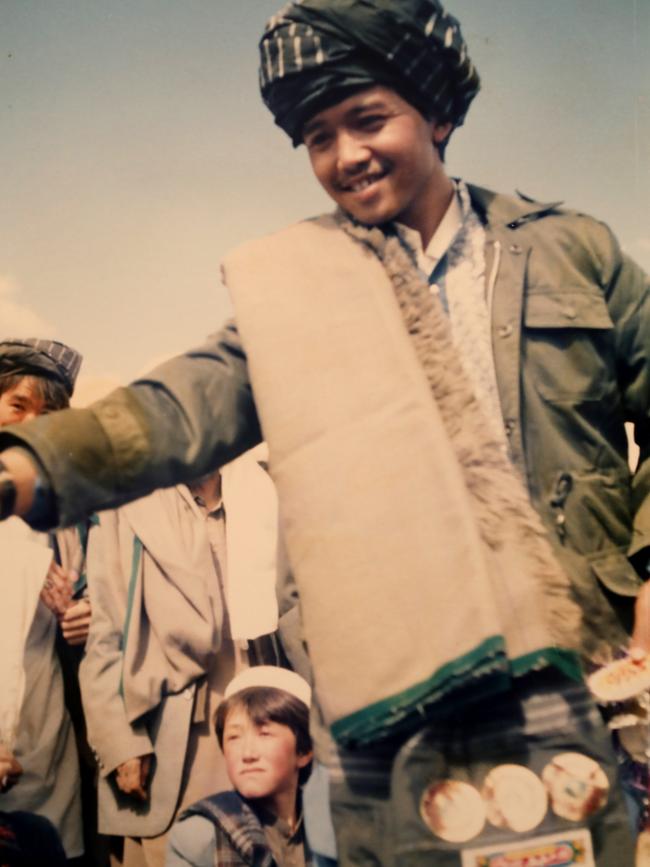
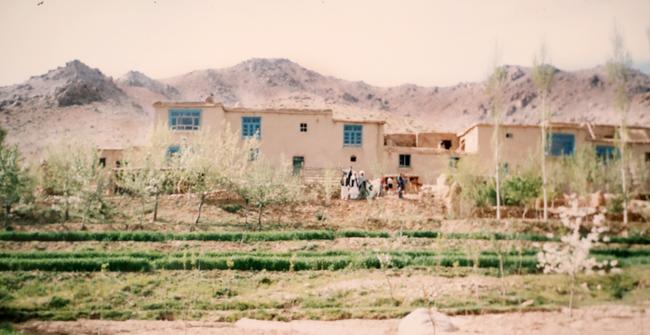
LEAVING AFGHANISTAN
Kamelah: We just waited and prayed when he was taken. I was thinking it was the end of our life because in Afghanistan if there is no man then your life is over. In Australia you can live if there’s no man but not in Afghanistan. When I saw him, I couldn’t believe he was alive. He was a new gift. He came back alive. Thanks to God he is a very strong man. He hid how much he was injured. But he was very hurt.
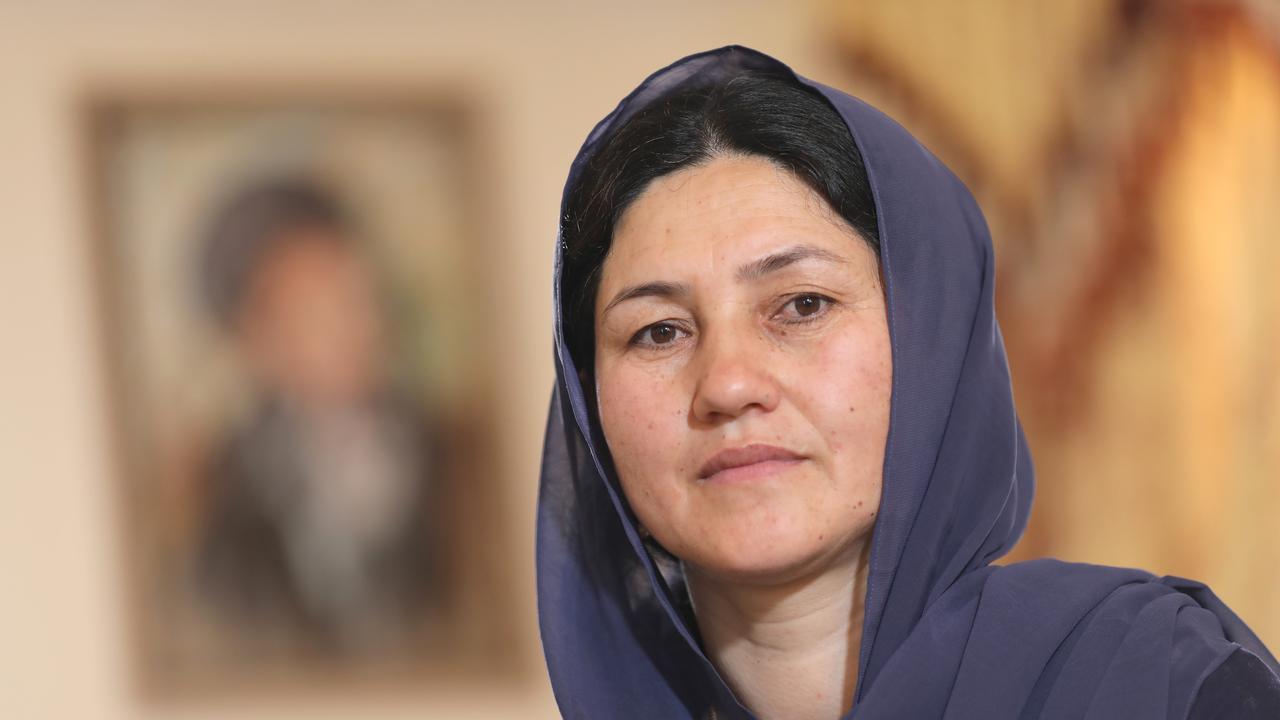
Hanif: My family, my brother-in-law and sister-in-law, took me to Ghazni for surgery. I was lucky – the blood didn’t go inside the brain. The bone, the skull, was broken but the tissue between the bone and brain was not broken. If the tissue was torn I would maybe not have survived. God saved me. They took out the blood. Two or three days after surgery I start to see just one person, one TV, one table – not two.
I hid for a long time. The Taliban thought I had died, I wanted them to continue to believe that. It was 1999. I had three children.
I knew we needed to leave for my family.
One night I took my family to the capital. We fled to Iran. Then we found another people smuggler who made us passports, fake ones, and we travelled to Indonesia.
We then caught a boat. A small wooden boat.
The capacity was for maybe 30 to 40 people. We had 149 people in this small boat. If you needed to stand to go to the toilet, you would come back and there would be no space to sit. It was so cramped. Everybody was screaming, pushing, squeezed in, waiting. It was maybe six days. Waves would hit the boat; we thought we would die. Six days until we arrived in Ashmore Reef in Australian waters.
When the Australian Navy found us we were relieved to be caught because we were going to die anyway. The boat was damaged. There was water coming in the boat. We had been scooping it out and it kept coming in. It was very difficult and very dangerous. There was a small aeroplane – they saw us from the sky and sent a navy boat. They surrounded us. Two of them with guns came onto the boat and asked if anyone spoke English. A young man said yes and they started talking. He said ‘we are refugees and we come from Afghanistan’. They searched us and wrote our details. And then they said ‘now you are safe’.
I will never forget that day. Angels from the Gods. I felt like a newborn baby.

Kamelah: On the boat, I was thinking we were going to die. The weather was sometimes very bad. The big waves would come and push the boat and we were thinking we were going to die now. The children were all crying and we were praying. I told my children we were going to find a safe place. We were going to live. I told them that to make them feel safe but I thought we would die.
The people, the navy, they were so kind, they were so good. I will always remember. They took us to Darwin, then we flew to Woomera. But we felt safe. I started to learn English. There was classes for the children. They were very happy.
Hanif: You are in cage (in Woomera). It was a cage, a jail, but we were very happy. We were safe. We could sleep because there was no war, no one was going to hurt us. It was like heaven. Then on the 26th of March, 2001 we were given the protection visa and flown to Adelaide.
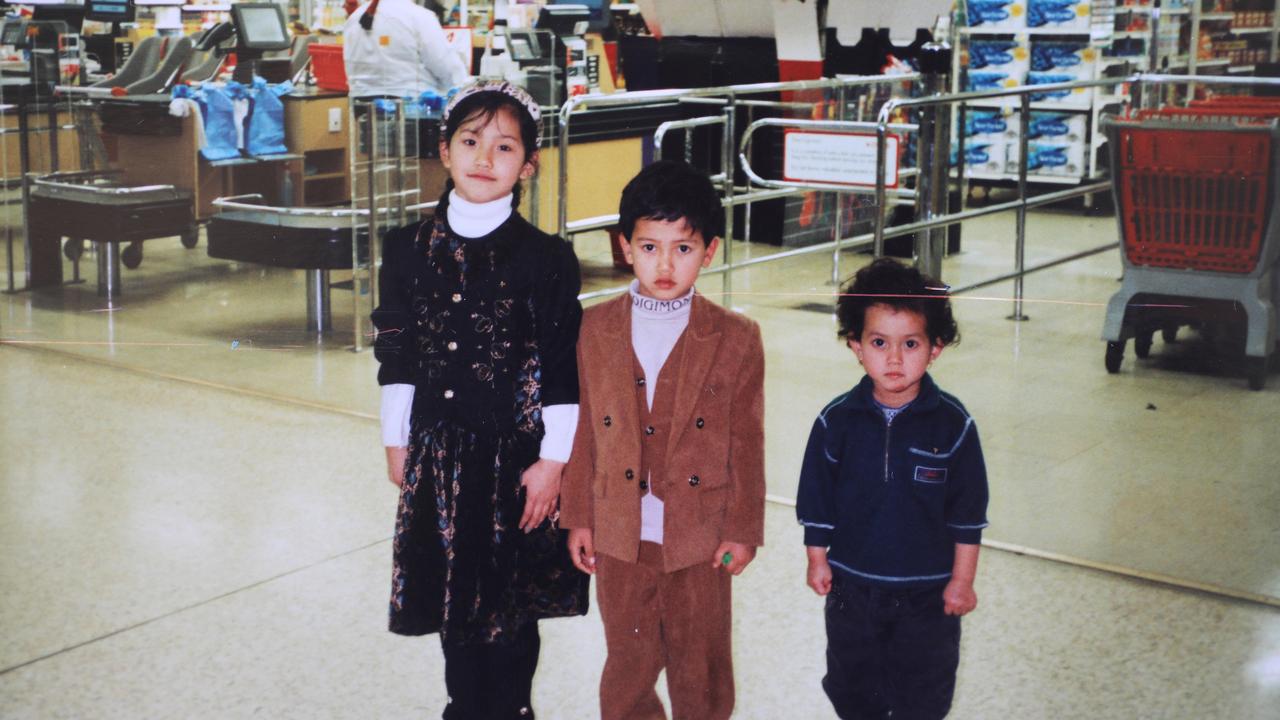
A NEW LIFE
Hanif: We moved to Blair Athol for three years and I started searching for work. I started farming in the Adelaide Hills and in McLaren Vale, picking the grapes, pruning. They were building the Southern Expressway and I worked planting trees and flowers along the route. I became a supervisor for 50 people planting.
I found a factory job in Kilburn, at Bradken, making parts for a mining company. Then at a foundry in Wingfield making parts for a train. It was very hot, very hard, very dirty job.
I applied for a home loan. I had a Temporary Protection Visa but the bank approved my loan. I was the first TPV holder to buy a house in Australia. I bought my first house in Ingle Farm in 2002. I remember John Howard was Prime Minister.
In 2005, we moved here to Kilburn.
I drove taxis, I bought a taxi licence. I become a taxi owner, purchased a car and rented the plates. Then another car, and another – I had 35-40 taxis with 80 drivers.
Then bought a mechanic shop. Then a supermarket.
We have built a good life here.
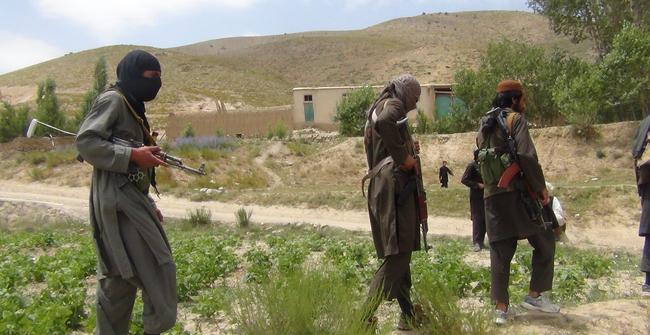
The two eldest remember Afghanistan. Just a little bit. Here they have so many opportunities, an education, a future.
Our people, Afghanis, don’t ask for a job or an education. They don’t wish for a job or education. They want peace. They want to feel safe.
Before bread and water, they pray for peace, for safety.

Just two weeks ago they (the Taliban) came to our area and killed hundreds of people and displaced thousands. The people went to the UN, to the president’s palace, they begged for the world to help them. In one small neighbouring village they killed 78 people. Just from the one small village. People, even now, don’t have hope for their future.
Women, they are not allowed any education. If a woman needs to go to the hospital, they must go with husband, or son or real brother.
My wife wants to go to see her sisters, her brother, to see their faces. But it is not safe. I can’t afford for her to not come back. Your children need a mother.
Kamelah: It’s so hard. I pray to see them. They are not safe. Just a few days ago they say the Taliban come and they fear they will get killed.
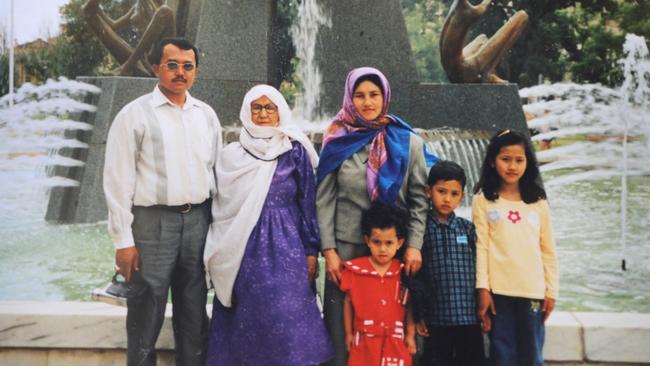
Hanif: Some of her sister’s family have been displaced because her husband is a policeman who works for the government. It was OK before the Taliban came but never peaceful. I remember in Year 4, 1979, when Soviet Union occupied Afghanistan. Since then it was never safe. But when the Taliban came it became worse, more dangerous. We lived in fear. It had become a norm.
Every moment you spend there is, you know, your memory, your history. But then you have a situation where you have to choose. There is not any other way. You have to choose safety first to leave. And even now, if Afghanistan was safe … I don’t know. I have made a lot of friends here. Eighteen years I have been here. The people I had a connection with, they are dead or displaced or refugees, thousands left the country. My sister is in the UK. There are Hazara people all over the world. East, west.
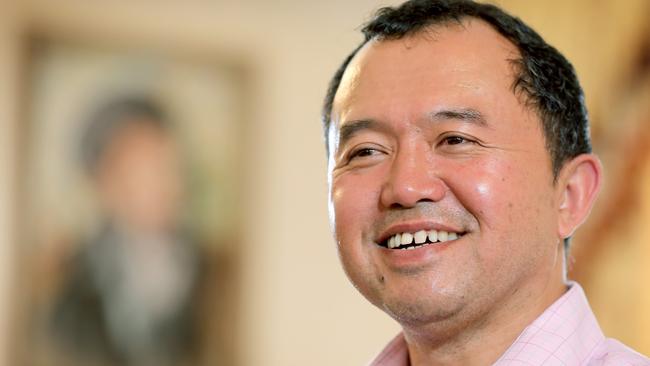
I have a beautiful life here. I have a beautiful family here. I have a beautiful country here. I have good businesses here.
Australia, it is the best country. I know. You are safe. If you want to work, you go and work. If you want to make money, you can make money. If you want to enjoy, there are so many beautiful places to see and enjoy. If you want your children to be educated, there are a lot of education centres, schools, universities with beautiful teachers who want to push you forward and be successful. It is a place of opportunity and peace. This is a beautiful life (crying). This is a wonderful land, a beautiful country.
NOTE: Hanif and Kamelah first told their story to Kara Jung in 2019 and spoke to her again on August 17, 2021 as the Taliban seized back control of Afghanistan.
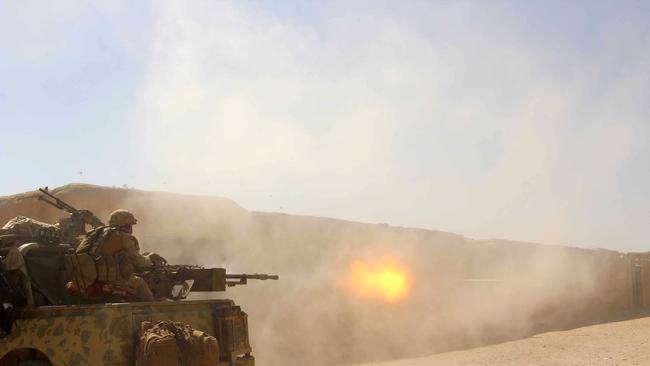
Tastes of Afghanistan in Adelaide
Ghan Kebab House
366 Prospect Rd, Kilburn
Parwana Afghan Kitchen
124B Henley Beach Rd, Torrensville
Saffron Club and Agha Juice
242-246 Main North Rd, Prospect
Rumi Palace
303 Prospect Rd, Blair Athol
IGA Blair Athol & Khurasan Supermarket
371 Prospect Rd, Blair Athol
Owned by the Rahimis, this supermarket is a mix of “east and west”, supplying regular IGA fare and a large range of halal products, specialty spices and rice from Afghanistan, Iran and Pakistan.
Significant dates in the Afghani calendar
Nowruz or Persian/Afghan New Year: March 21, 2019. Also known as Farmer’s Day, the observances usually last two weeks, culminating on the first day of the Afghan New Year, March 21.
Eid Al Fitr: June 4, 2019 This festival marks the end of dawn to sunset fasting month Ramadan.
Eid Al Qurban (otherwise known as Eid al-Adha or Festival of Sacrifice): August 11 - 15, 2019. It honours the willingness of Abraham to sacrifice his son as an act of obedience to God’s command. But before he could do so, God provided a lamb to sacrifice instead.
Eid al-Ghadeer (also known as Eid al-Ghadir): August 19, 2019. People attend a celebration at a local mosque or Islamic centre.
Prophet Muhammad’s Birthday: November 9, 2019. Muhammad was the founder of Islam. According to Islamic doctrine he was sent by God to present and confirm the teachings of Adam, Abraham, Jesus, Moses and other and is viewed as the final prophet.

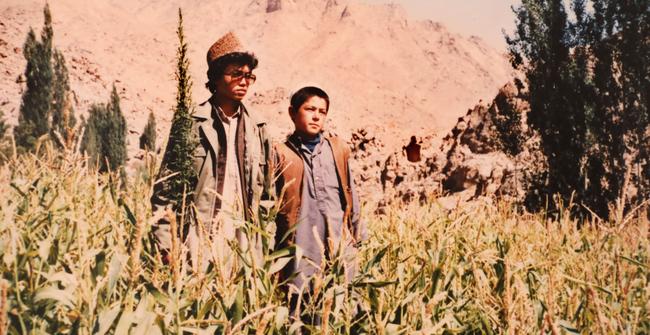
Inside Pt Augusta Tech College: Where skipping school isn’t an option
Port Augusta Technical College, where students live on site, is keeping kids engaged and arming them for the workforce.
‘Like losing family’: Fireys honour grandfather after death in blaze
The body of a “real family man” and firefighter who died in the line of duty was farewelled on Wednesday in a special service by the CFS.